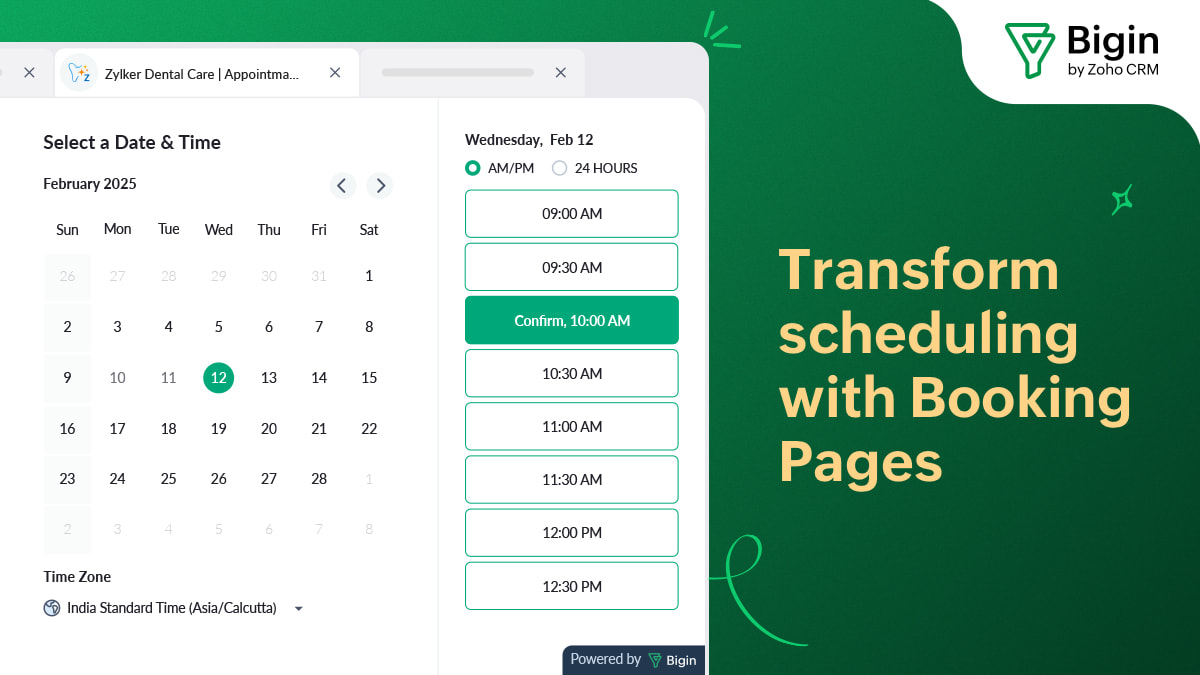- HOME
- Product Updates
- 20 Tips for Small Businesses
20 Tips for Small Businesses
- Published : July 6, 2020
- Last Updated : August 8, 2023
- 902 Views
- 3 Min Read

Starting a business is no easy task, no matter the size, but there are a few important steps that small businesses tend to skip out onwhile they're in the bustle of action. So, I've curated 20 tips from listening to small business success stories to create a checklist for you. I hope these 20 tips give you a head start on your journey.
1. Don’t wait to start your Twitter account. Believe in yourself, and watch how your customers believe in you, too.
2. Make immediate, short, and long-term goals. Don’t make your goals unattainable. Be practical, but push yourself.
3. Don’t overdo multi-tasking. In most small businesses, everyone wears a lot of hats. Just make sure that you don’t sacrifice one job in an effort to do all of them at once. The perfect is the enemy of the good.
4. Have back up plans—multiple back up plans. Failing to plan is planning to fail. Think of your worst-case scenarios, and come up with a plan to prevent them.
5. Use LinkedIn to make connections that’ll support you. Connect with every like-minded individual you know. They can help you, and make suggestions as they watch your business grow.
6. Take all the advice you can get. You may have a different game plan, but you’ll never know when someone else’s experience can work in service of your own.
7. Get all the help you can get. It may seem like you have it figured out, but as you grow, you might end up playing catch-up simply because you wanted to do it all yourself.
8. Don’t quit your day job until you absolutely need to. Starting a small business is expensive. Outside income can help you. Plus, you’ll have less stress when getting your business up and running, because you won’t be relying on it for expenses.
9. Go digital. If you can’t afford to pay for software, that’s okay, there are many SaaS offerings out there. Try to digitize your accounting, sales, and project management. The sooner the better.
10. Automate whatever you can. You already have enough to stay on top of. Try to eliminate monotonous tasks by using software solutions. But be careful not to lose your personal touch.
11. Content marketing works. Talk about your product, talk about your business, talk about your dream, talk about anything! Make sure you include SEO keywords to bring in your audience.
12. Don’t be afraid to talk about your business with the people you meet. Word of mouth is still the best means of marketing, and it all starts with you.
13. Analyze everything. From your expenses, to your team’s performance, to your sales, it’s good to keep a track of what’s important, so you’re not in for a rude awakening if something goes wrong.
14. Listen to your customers. Feedback is essential, especially when you’re just getting started and can fix processes before its too late. Always ask what you can be doing better.
15. Make sure you’re available to provide excellent support. That means being available on any platforms your customers are likely to reach out on. Many customers will leave a brand if they don’t get the customer experience they expect.
16. Don’t be afraid of the competition. Especially in an industry that’s well-established. You’re bringing something new to the table, and people are always looking for something exciting that makes sense to them.
17. Develop your company culture. Not only does this hold your team together, but it also gives your customers and prospects an idea of what you’re all about. It can also set you apart from your competition.
18. Stay updated with current affairs. Stay on top of the news—not only in your industry—but in related industries, too. That way, you can make informed decisions proactively that put you ahead of the competition.
19. Invest in training your employees. Every business is different, so don’t expect your team to just catch on over time. You can save yourself from expensive mistakes by offering quality guidance to mold your dream team.
20. Form lasting relationships with both customers and employees. Your employees will be motivated to work harder if they feel appreciated. Your customers will stick with you if they feel understood.
I hope these tips are able to help you, and I wish you success. I'm sure other businesses could benefit from hearing your input, so please leave a comment with any advice that's served you.


